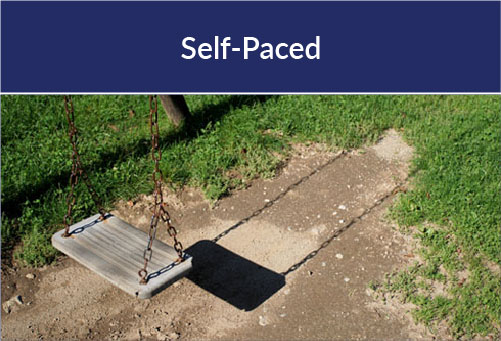


Explore successful examples of tribal youth police and criminal justice explorer programs and the related positive outcomes including, but not limited to: leadership skill development, rise in self-esteem and confidence, and formal interest in pursuing tribal law enforcement or related criminal justice career paths. Discuss multidisciplinary and community policing partnerships that helped lead to program success, as well as additional youth engagement strategies.

Join us to learn about various strategies designed to assist tribal SORNA programs with providing information on sexual offenders and offending to community members.

Discuss the steps necessary to support a healthy staff environment from the initial employment interview process, through training, employment, end of employment and post-employment follow-up. A combination of research and case examples support the presentation.

Learn about the Tribal Justice System Planning Process (TJSPP) principles and how a comprehensive tribal justice system strategic plan can improve public safety and the quality of life in your community. This online training course is designed for grantees who have not participated in the onsite TJSPP course, as well as non-grantee tribes.

Often times, the biggest role of a facility dog is to calm and support an individual during stressful situations. Learn what a facility dog is and how they are being used particularly as a school resource officer partner in K-12 schools and/or in tribal court settings. The process to obtain and train a dog, subjective observations, and data collected will be discussed.

Hear from current tribal law enforcement practitioners about successful strategies they have used in recruiting and retaining tribal officers including advertising of positions, recruitment practices, benefits, community partnerships, and more.

Gather information on the structure and interdependent functions/roles of a CART program. Learn about protocol development and management, development and use of Memoranda of Understanding, CART composition, training including tabletop exercises and field scenarios, and CART certification standards. Examine a case study which integrates all topics covered for effective CART leadership.

Examine key predictors of under aged substance use. Discuss the long-term impact of under aged substance use, prevalence rates among tribal communities, and strategies to reduce or delay under aged substance use in tribal communities.

Review the steps Poarch Band of Creek Indians, Alabama’s only federally recognized tribe, took to overcome jurisdictional barriers to achieve implementation of state legislation known as the Poarch Band of Creek Indians – State Police Powers Act (Alabama Act #2018-393). Review the specific barriers that were overcome such as lack of state recognition, no available copies of MOU’s that were in prior existence, inability to use state academy for training; not honoring tribal courts, etc. Discuss how this enhanced multi-jurisdictional partnership has supported increased public safety for the Poarch Creek community.

Discuss the role of the leader in developing organizational, vision, mission, and values, and how important they are in driving community policing. Review internal skills that instill empowerment in the organization and external skills that earn trust throughout the community. Examine the role police can play in leading community problem solving and obtain resources to help implement the strategies discussed during the webinar.
